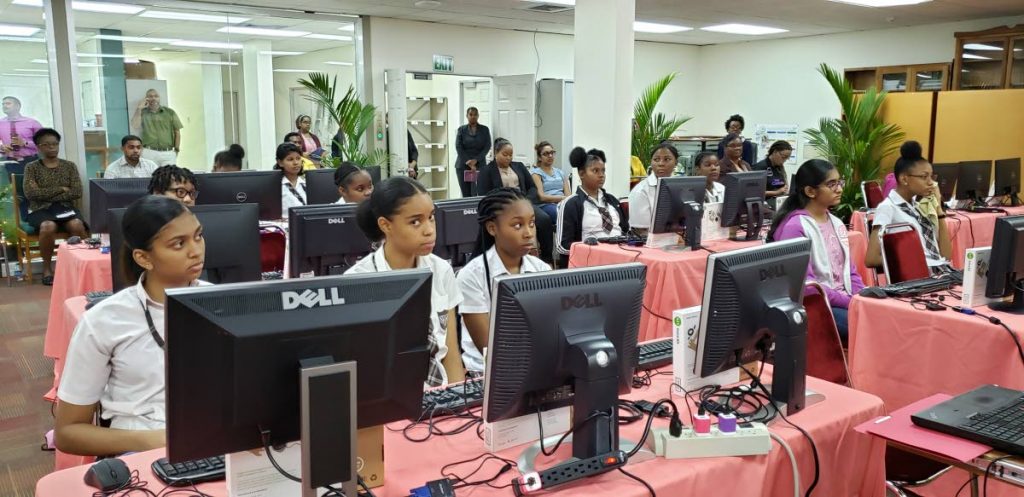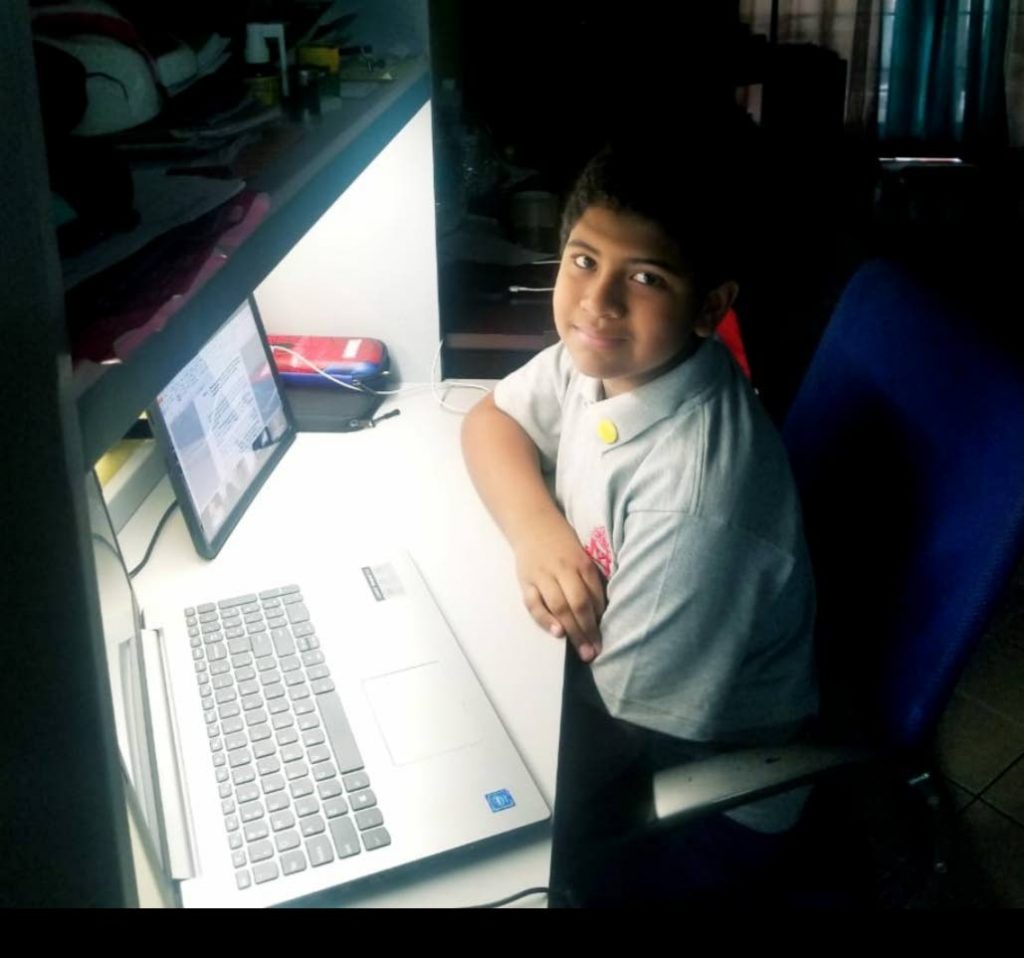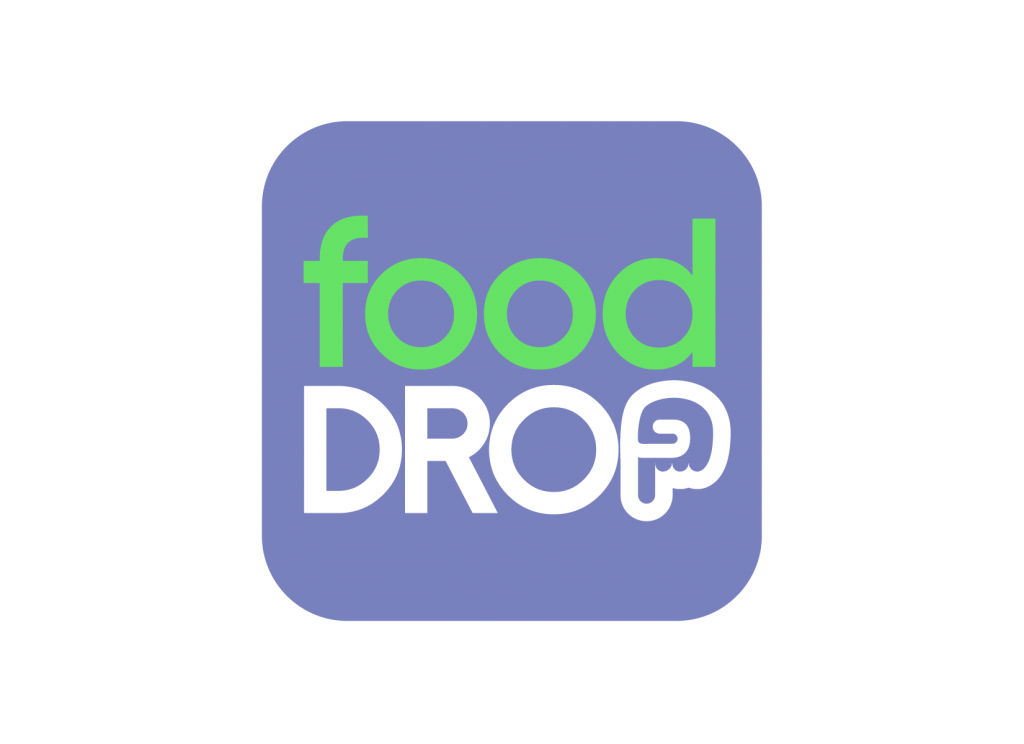TT on the digital road

When he set out the economic future of TT in the reading of the 2020/2021 budget on October 5, Finance Minister Colm Imbert said the country's development "must be anchored on the newly emerging digital model."
Government's steps to the updated development model include the removal of taxes on devices including laptops and cell phones, allowances to businesses that invest in tech start-ups, businesses in tech solutions and those that create jobs in the tech industry. These fiscal measures take effect on January 1, 2021 and the budget reserves $3 million for each business model, an indication that government is further integrating information communication technology (ICT) in the operations of the state and daily lives of people.
The minister also said the government has budgeted to provide approximately 45,000 students across TT with mifi modems which will allow them to have access to the internet. The mifi provision programme will be reinforced by another drive where internet cafes throughout rural TT will be supported with infrastructure to ensure people have internet access.

Further ICT integration is evident in plans outlined in the budget to create and maintain an electronic population registry as well as support digital money solutions such as Wipay, which allows people without bank accounts or credit cards to experience the convenience of digital banking solutions including online purchases and digital money transfers.
To support these initiatives, which are in alignment with the national digitalisation thrust, the government said it intends to ensure there is free public wifi, nationwide 4G and 5G network connectivity and the development of a national digital database.
The expanding ICT thrust is evident in initiatives such as the ICT education five star plan highlighted by Imbert. He said the programme, which was initiated in 2015, met the needs of teachers and students to ensure familiarity with hardware and software to integrate these forms of media into school systems.
Between 2015 and 2020, he said approximately 2,300 teachers in rural areas have completed the ICT teachers' development programme which aims to fulfill the same need.
In an effort to expand the scale of such projects, the government has budgeted approximately $50 million to assist students in need with computers. The distribution and training are a joint effort between the Ministry of Education, the Ministry of Public Administration and Digital Transformation and the Ministry of Social Development and Family Services.
Journalist, photographer, Newsday contributor and technology journalist Mark Lyndersay said he doesn't think the government can make technology a priority in 2021. The man behind TechNewsTT.com said, "What it can do is to restart a process it began twice before, 17 years ago with Fast Forward and more recently with Fast Forward II."

The Fast Forward programmes were initiatives of the ministry of public administration and information and were organised with the intention of fast tracking TT's ICT integration.
"A tremendous amount of work was done to design ICT development programmes for this country. Some have been done by the private sector because they represented a business opportunity, but there's a lot more to be done. Appointing Hassel Bacchus to ministerial level is a good start, but he isn't the first capable technocrat appointed to a senior position in government to guide ICT development. Hopefully, he will be the first they actually listen to." Bacchus was the chief technology officer at majority state-owned TSTT before joining the government after the August 10 general election.
Lyndersay said he thinks the sector needs a czar, a commanding, authoritative leader, and the times favour the acknowledgement of such a position in governance.
"Nothing gets done unless the person asking that it be done has the confidence and support of the PM and his Cabinet. If Bacchus wins their ear, he certainly has a lot to tell them."
Protecting information in a digitalised society
UWI faculty of law lecturer Justin Koo said while great progress may be made to a greater thrust in getting hardware in the hands of people across the nation, the digitalisation process will require much more than free devices.
"It is noteworthy that online government services are being rolled out on a regular basis covering essential services like booking appointments at government offices, ordering national certificates for major events such as birth, death, marriage, as well as non-essential services like the registering of companies and trademarks."

The intellectual property lawyer said that to become a more digital society, internet access has to be increased, as there are still many places in TT that do not have access, or the service is poor.
"While the covid19 pandemic has forced us to move online for services such as education, and our general response as a nation has been admirable, the reality is that access to resources and digital readiness is wide-ranging across socio-economic backgrounds."
Asked how the intended accelerated digitalisation transition might call for closer attention being given to intellectual property protection, Koo said with the increase in the use of computer technology, in whatever form, there is a definite need to raise awareness on intellectual property.
He said online dealings almost always involve some element of copyright works. "Copyright protects literary, dramatic, musical and artistic works. Simple acts like downloading or sharing files on the internet can attract copyright liability. Where a [written or artistic] work/file is on the internet, just because it is freely accessible does not mean that you have permission or a right to share that work."

Copying and use of content have become a particular issue when looking at sharing books for educational purposes. "With the shift to online education, schools and teachers have resorted to sharing scanned copies or digital versions of texts. This amounts to an act of reproduction and communication to the public. These are two separate and independent exclusive rights under copyright. Therefore, the simple act of copying work and sharing it can amount to two infringements of copyright."
Koo said TT has generally had a laissez-faire attitude to copyright infringement that will only be exacerbated in an increasingly online environment. "We have moved from the days of bootleg CDs and DVDs on the roadside to the open sale of android boxes on national media. The reality is that the average citizen does not know and, moreover, has no appreciation for the laws of copyright and intellectual property. We need greater education on intellectual property at a national level."
He said another issue that is likely to increase is the import and sale of counterfeit goods. Internationally, there is already a problem with the sale of counterfeit clothing and devices which have made their way into the local market.

"It should be noted that there are many counterfeit Beats, Samsung and Apple headphones on the market. This involves trademark infringement as these counterfeit products all bear well-known trademarks without the authorisation of the brand owner. Furthermore, the aim of counterfeiters are to deceive consumers into buying products that resemble the legitimate product."
Asked to elaborate on examples of the most common forms of intellectual property that may be vulnerable as TT becomes a more digital society, Koo listed copyright, trademark and image rights.
Regarding copyright, he said the use of copyright works online in all contexts raises infringement issues. The simple sharing of music, he added, is an infringement. "Watching pirate football streams online, using an Android TV box – and even the sharing of educational books involves copyright infringement. Where the owner of the work has not been contacted and authorisation provided, chances are, there is some form of infringement occurring."
Koo urges the public to bear in mind there are no pre-requisites for copyright infringement. Doing the prohibited act is enough for an act to be considered an infringement. "There is no ‘for-profit’ requirement, no need for the author to mail themselves a copy of their work, no registration. Copyright subsists once the work is created and as such, the exclusive rights of copyright flow from the point of creation."
Another notable issue highlighted by Koo is in relation to copyright infringement by the airing of live online concerts, events, lectures and parties. "Similar to traditional fetes, these events also require licensing from the relevant collective management organisation, most probably the Copyright Music Organisation of TT (COTT). Once music is being played in public to a gathered audience at public live performance or online, and that audience is of a public nature and indeterminate nature, there will be a need for a copyright music licence."
Another concern is that of trademark, which involves the use of counterfeit products. He said the use of these products is likely to increase as more computer devices are imported. "Unfortunately, counterfeits are increasing in number and quality, which makes it harder to determine if the products are real or not."
Then there's image rights. The rise of local social media influencers will soon lead to disputes concerning content being categorised as paid for advertising – where the influencers may not declare that they have been contracted by a company to promote a particular product or service. "This is problematic because people may be tricked into thinking that the influencer is personally recommending a product/service."
With widespread access, there will inevitably be an exponential increase in the body of digital content online. Because of this, Koo believes the use of photographs of people without their permission to promote products/services will increasingly become a greater issue. "The person in the photograph, however, may have some legal recourse under the Protection Against Unfair Competition Act or under the law of passing off."
Infrastructure makes exponential growth possible
Operations manager at Food Drop Ayanna McLean said in the same way the conditions of 2020 allowed the company to see exponential growth while many others closed their doors – TT may see exponential growth once the necessary infrastructure for digitisation is put in place and accessible by as many as possible.
Food Drop is an internet-based company that collaborates with restaurants and other food vendors, facilitating home deliveries from a range of food and beverage suppliers. Customers place their orders via the Food Drop app and the delivery is picked up by a registered Food Drop driver and brought to the customer.
The app allows the customer to monitor the journey of their meal from the restaurant to their hands.
"Last October is when we launched Food Drop following the model of Uber and how they went into Uber Eats and how they reached out to restaurants."

She said in the initial launch the company reached out to a number of restaurants, pitching the concept, sharing the international concept that has been reshaped by technology. "Some restaurants came on board quickly, while some took time."
McLean said the team's groundwork during the initial setup in October 2019 increased as covid19 restrictions were introduced. "A lot of the restaurants that took longer to get on board started knocking on our doors. Business activity has been exceptional, though unfortunately, not many businesses can say the same at this time."
The number of app downloads since October has more than tripled with over 70,000 downloads. McLean said with the growing demand, the company has expanded its team – creating job opportunities in a time where many companies have downsized.
"So, it is not just us growing that we are seeing, we are helping to keep business going for many restaurants while creating job opportunities – which is something we are excited about."
McLean said the Port of Spain-based company sees the most activity along the East-West Corridor but clientele has been spreading to central Trinidad, especially in Chaguanas and Couva.
Asked how budget promises regarding ICT and creating greater opportunities for widespread access to infrastructure and hardware might affect web-based businesses, she said it can only lead to further exponential growth and may even result in an evolution in the business model.
"We are always thinking of what could be our next step. Just having a wider base of people having access to the internet would be positive for us. If we just look at the models of the US systems and other digitalised societies in how businesses that move products and provided services online – we will realise we have to continue expanding our networks and ensuring internet access is available in rural areas."
The Food Drop group is seeking to expand services to collaborating with retailers for a wider range of products, beyond the food and beverage industry. "We have pushed our plan for the Drop Hub platform forward, which we hope to launch in time for Christmas shopping."
She said TT has to become more electronic and digitise to have businesses stay alive and have consumers make the best of current circumstances.
"Our growth is attributed to the consumer base and how much they need these products and services. So it really is up to the government to ensure people not only have access to devices, but access to the internet. If we are more digitised it will make processes easier and will benefit the economy."
Asked how Food Drop has protected their intellectual property in a space that becomes more digitised, McLean, who worked in the US for a number of years, said as TT aims to become a digitalised society greater emphasis must be placed on intellectual property management and protection. She said it is also becoming progressively more crucial for there to be follow-through in penalising those who participate in intellectual property law infringement.
"Some of our direct competition at Food Drop came to life in that way – by our information being shared after pitches were made to companies with which we hoped to collaborate."
McLean said until laws are enforced and offenders are punished, there will be challenges in safeguarding information.
"Anything that the government can do to encourage growth and further integration will reap great rewards and will impact every corner of the nation."

Comments
"TT on the digital road"